By Rebecca Hargus
Photography by Beth Dukes
Abilene has a distinct college culture. And with six higher education institutions, including three universities, within city limits, it’s hardly surprising. What may be surprising, though, is how early and intentionally that college culture is cultivated.
Before high school or even middle school, seeds are being planted to encourage Abilene students to think about attending college.
“Starting off early and helping them to know that college is an option for them is most important,” said LaQuiera Gantt, a program director for Abilene Education Foundation’s College Offers Opportunities for Life (COOL) program. “The sooner they start forming the mindset that they are going to college, then the better results they’ll see. It is so important that students start to realize that college is achievable and attainable for everybody, so the younger the better.”
The Abilene Education Foundation is a key support system for students moving through their college preparation from elementary all the way through high school. The foundation’s purpose is to help the local community positively impact public education.
Gantt and Amanda Wisko are the program directors for the COOL program. Gantt is also a college advisor at the Cooper High School campus.
At the elementary level, college pep rallies are where the COOL team begins the first steps of instilling a college culture among the students. The team communicates with students about things they can be doing at a young age to prepare themselves for college. The importance of reading is emphasized, and the students learn the value of asking lots of questions and having fun in their classes. Cheerleaders and mascots visit the students, and the students are invited to participate in educational games. There’s music and a slide show as well.
“It’s a lot of fun,” Gantt says. “The kids like it; the principals love it; the counselors love it.”
The COOL program also takes a college readiness presentation to the elementary schools. The team talks to students about all that college readiness entails: leadership, career opportunities, and the education that is required to achieve those opportunities. The program encourages students to make vision boards in order for the students to get an idea of what kind of college they want to attend.
Students explore all sorts of questions, Gantt said: “’What kind of college do you want to go to? Do you want to go to a big college? Do you want to go to school far away?’ We get them to begin envisioning what they want for their life.”
The funding for AEF allows each of Abilene’s high school campuses to have its own college advisor. Gantt works at the Cooper campus; Amanda Wisko works on all campuses; Hannah Holmes works at the Abilene High campus; and Dustin West works at the Woodson Center for Excellence campus. All help students through the entire college admissions process and offer assistance with college applications, entrance essays, scholarship applications, and the SAT/ACT registration process. The team also takes students on up to four college tours per year beginning in the students’ junior year. The COOL team makes tutoring available as needed, and they point prospective college students in the direction of tools and resources that are available for help with the SAT and ACT.
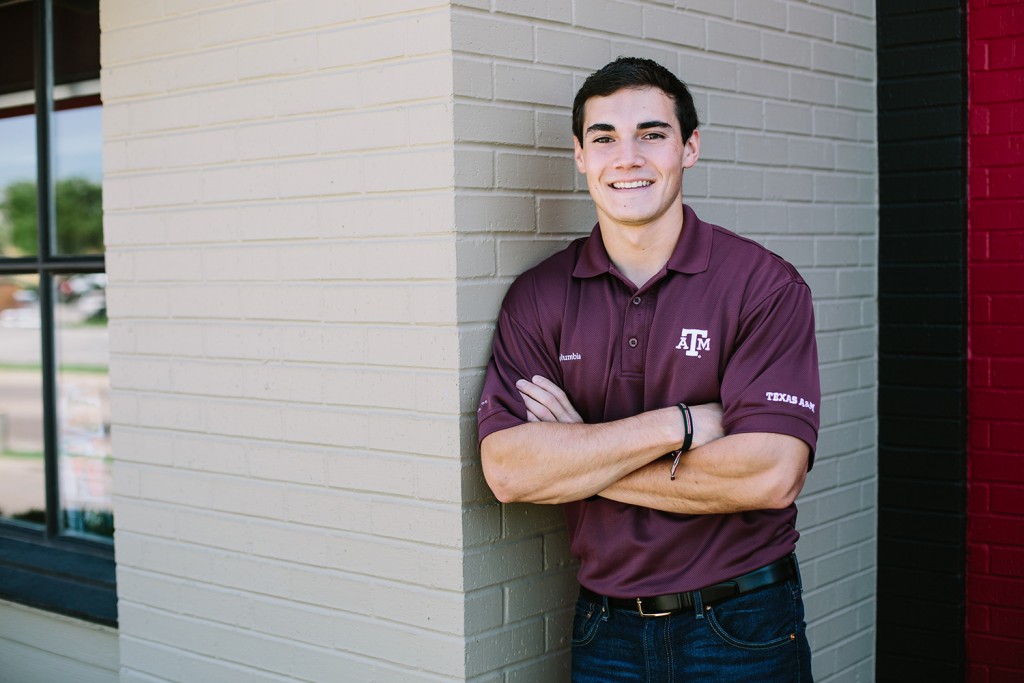
Parents who have not been through the college entrance process themselves may have a lot of questions. Gantt says the AEF door also is always open to parents. She encourages parents to get involved with the college admission process, ask questions, and encourage their child. The COOL program even sponsors a FAFSA night, where parents can get help with the Pell Grant application.
“Our main goal is to help first generation students get to and get through college. First generation students are our main concern, and those who are at an economic disadvantage; however, we work with any and every student that walks through our doors. We never turn any student down,” Gantt said.
The scholarship process is often more successful than people imagine, Gantt said.
“I’m super impressed by what they end up getting at the end of the year,” she said “It’s always amazing to see how much money they receive.”
At the high school level, the AEF/COOL program sponsors a college fair and invites over 60 college reps from around the country. The team talks about the college process and scholarship opportunities.
Outreach continues even through college. COOL counselors follow up with their students as they transition to college.
“We realize that once a student gets to school they may still need some assistance. The need for assistance doesn’t stop once you are in college,” Gantt says.
Gantt recalls one of her most significant success stories. A young man was brilliant but struggling, bound by extreme poverty. He was homeless, but Gantt said you would have never known. The young man came to the AEF program, and has now finished his first year at a prestigious university.

“He’s living life—traveling the world,” Gantt said. “He’s doing amazing things. These are the kinds of things that make me want to keep doing it. It keeps me faithful and grateful for a program such as this.”
Albert Batungwanayo is another success story. Batungwanayo graduated in May from Abilene High School and is attending Western Texas College in Snyder this fall, majoring in nursing and playing soccer. He says AEF helped him tremendously during his transition from Africa to Abilene.
“When I came from Africa a friend told me about AEF,” Batungwanayo said. “I did not speak English. I had friends that helped me in classes. Everything changed when I joined the program. I started doing well in my life and doing well in school. They [AEF] helped me with school supplies – back packs, books, pens, pencils. They helped get me ready for college.”
Beyond the offerings through the support of AEF, high school students focusing on entrance exams can seek private assistance through three college prep programs in Abilene offered by Sylvan Learning Center: the SAT/ACT Training Program, the Advanced Reading Program, and the Academic Writing Program.
Although the Sylvan SAT program is designed for students looking for an increase in their score, it also can include some remedial instruction. Specific SAT test strategies are the main focus.
The ACT program is designed for students with high level math and science skills and/or those who are scoring very high already and are looking for smaller, incremental gains. The program offers help in math, reading, English, and science reasoning.
Sylvan also offers help for students as young as elementary school through the Academic Writing program which is open to students in grades 4-12. Two main areas are a focal point: the grammar and composition focus and the spelling and vocabulary portion. Sylvan’s Advanced Reading Skills is a 12-hour reading program designed to double or even triple a student’s reading speed. This program works as a stand-alone course, and could also be added in with Academic Reading, Study Skills, and SAT/ACT Prep. The course is designed for students who are reading at least on a 7th grade level and who are in at least 7th grade.
Sylvan also offers a study skills program that addresses a key challenge as students move from high school to college.
“The most common problem facing college freshmen is the overwhelming amount of work they have to deal with,” said Matthew Sullivan, executive director and owner of Sylvan Learning Centers of Abilene, Lubbock and Fort Worth. “This program teaches kids how to effectively plan and break things into pieces. It teaches organization and how to prioritize, or, not wait to last minute to write a research paper. The program teaches how to deal with the realities of life; it teaches life skills, how to organize life around school work, and how to study for large volumes of material.”
Wylie High School graduate Kirsten McDonough will start at the University of Utah this fall as an engineering major with a full scholarship. After completing Sylvan’s SAT prep course during the summer before her junior year in high school, and her SAT practice scores increased by around 200 points, mainly in the reading section of the test, she said.
“The teachers were all very personal and dedicated,” McDonough said. “It was a very intellectually stimulating environment.”
Ultimately, McDonough scored a 2230 on the SAT and a perfect score of 36 on the ACT.
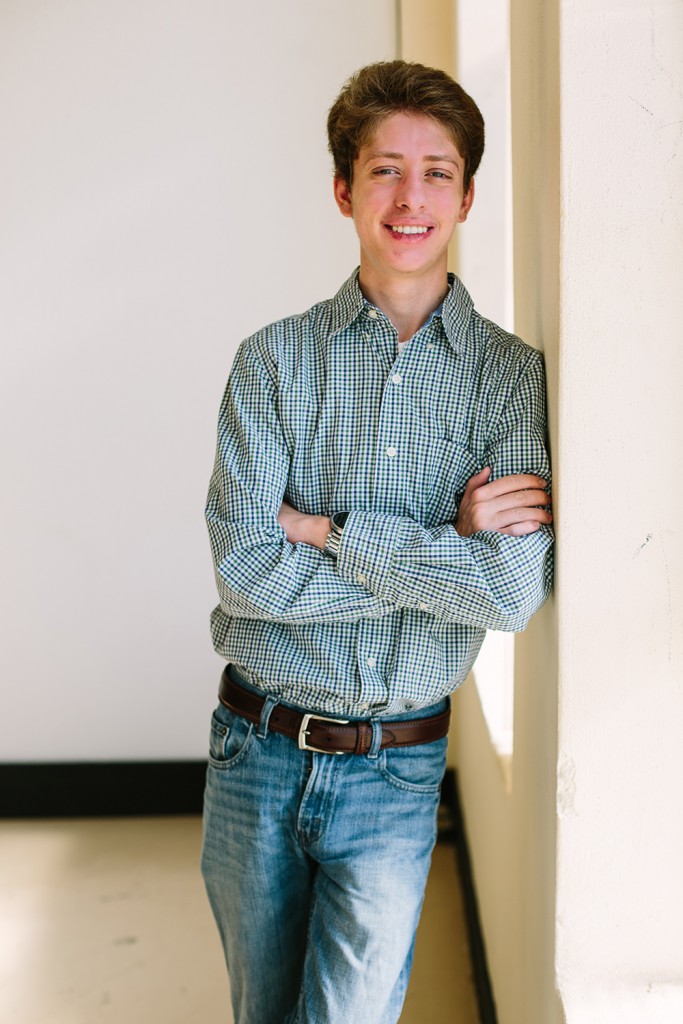
Tad Dawson graduated from Abilene High School in May and is attending Texas Christian University in the fall with a full scholarship as well. He said Sylvan’s SAT prep course and upper level math course helped him with academic concepts as well as SAT strategies.
“The algebra was very helpful because it filled in holes I didn’t know I had. I took calculus in high school, but there were a few algebra concepts I didn’t know I hadn’t mastered. It helped me more completely grasp the more finite concepts. They augment the strengths that you know you have and fill in the gaps you didn’t know you had,” he said. “The SAT test itself requires repetition and focused concentration. Sylvan gives you the repetition you needed. You can take the tests over and over again.”
For more information visit: aaeeff.org, aefcool.org, and cities.sylvanlearning.com













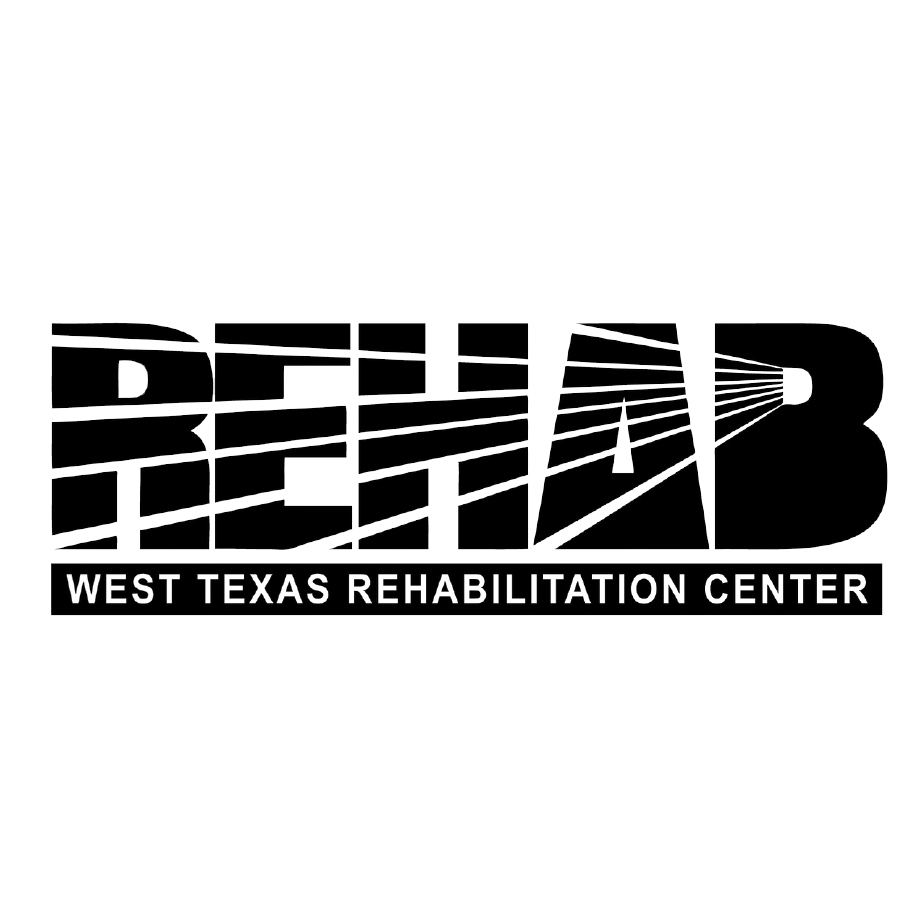







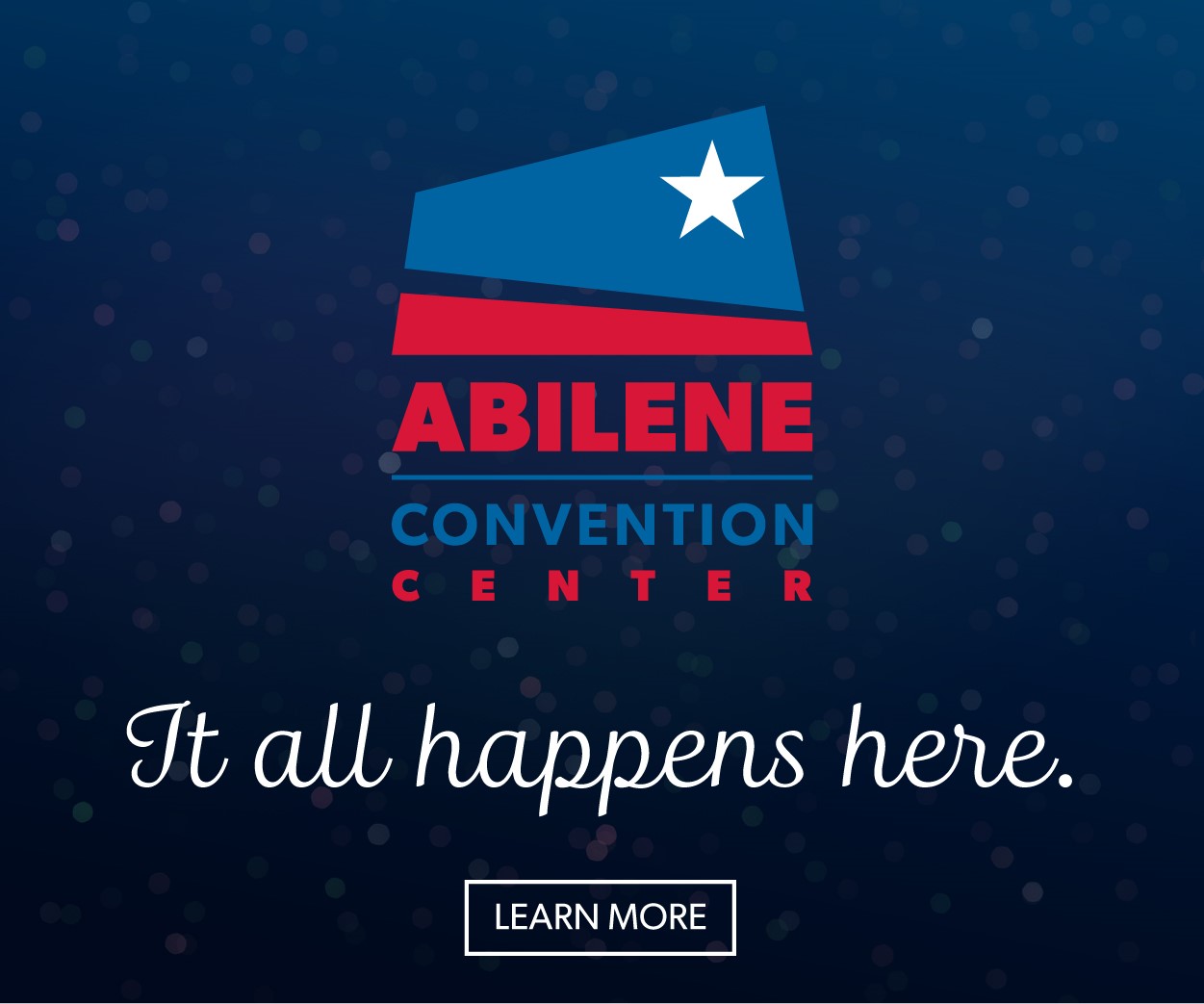
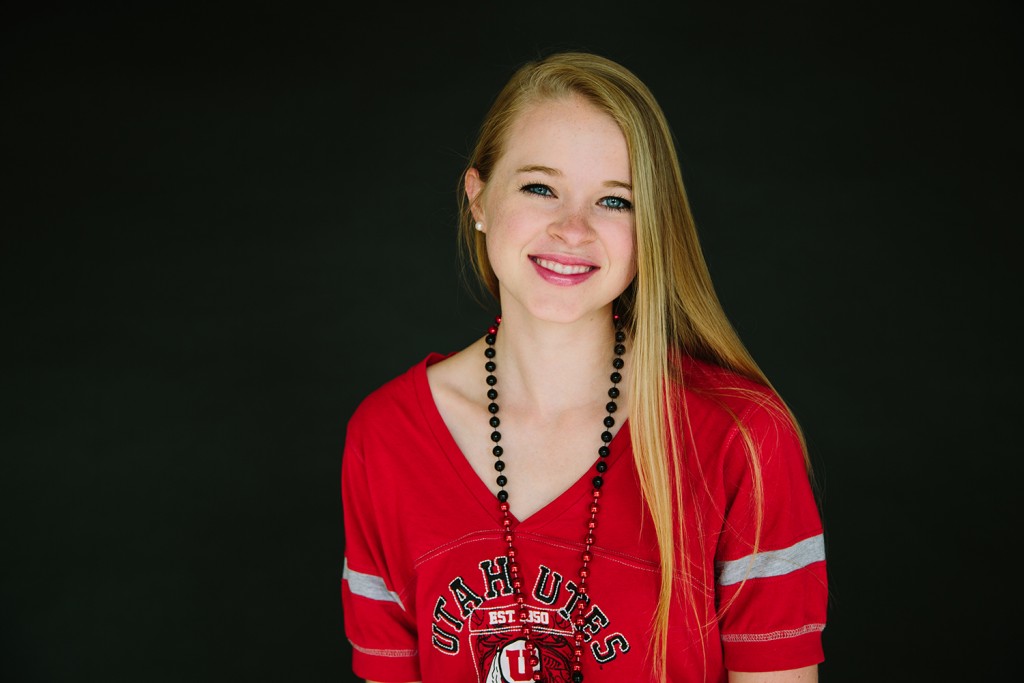

Leave a Reply